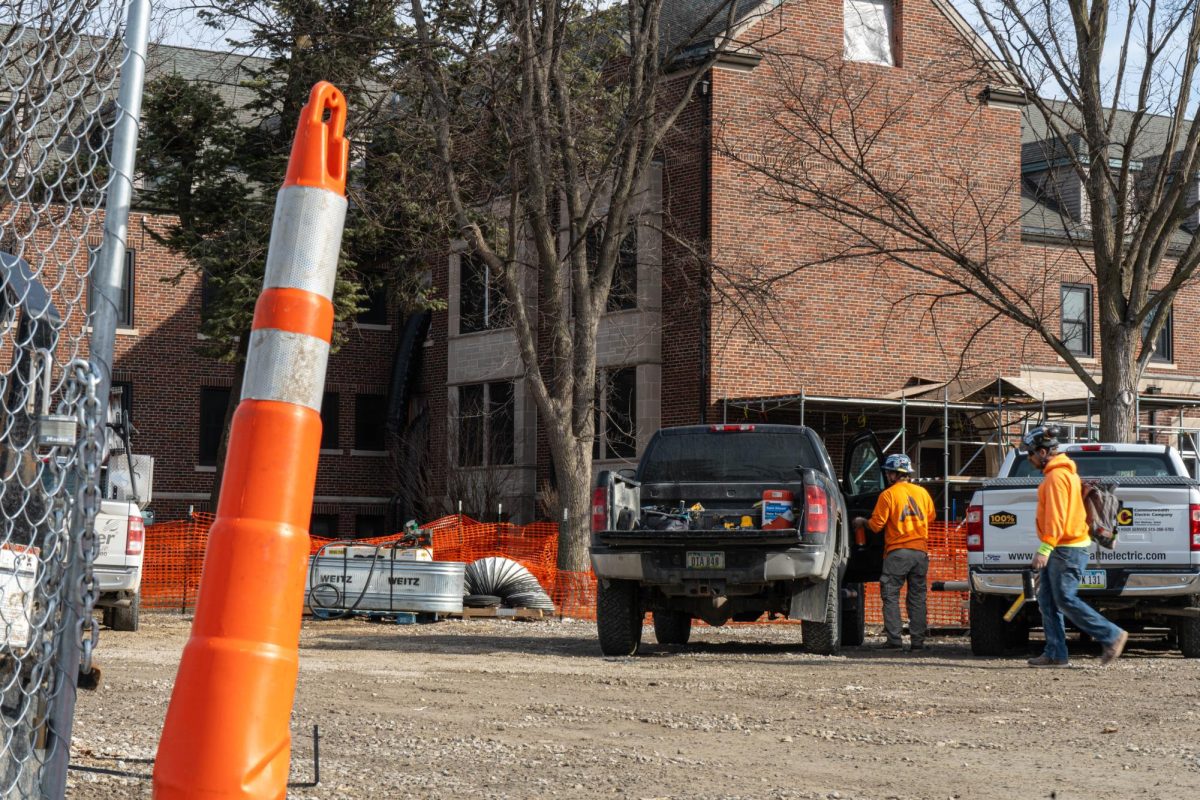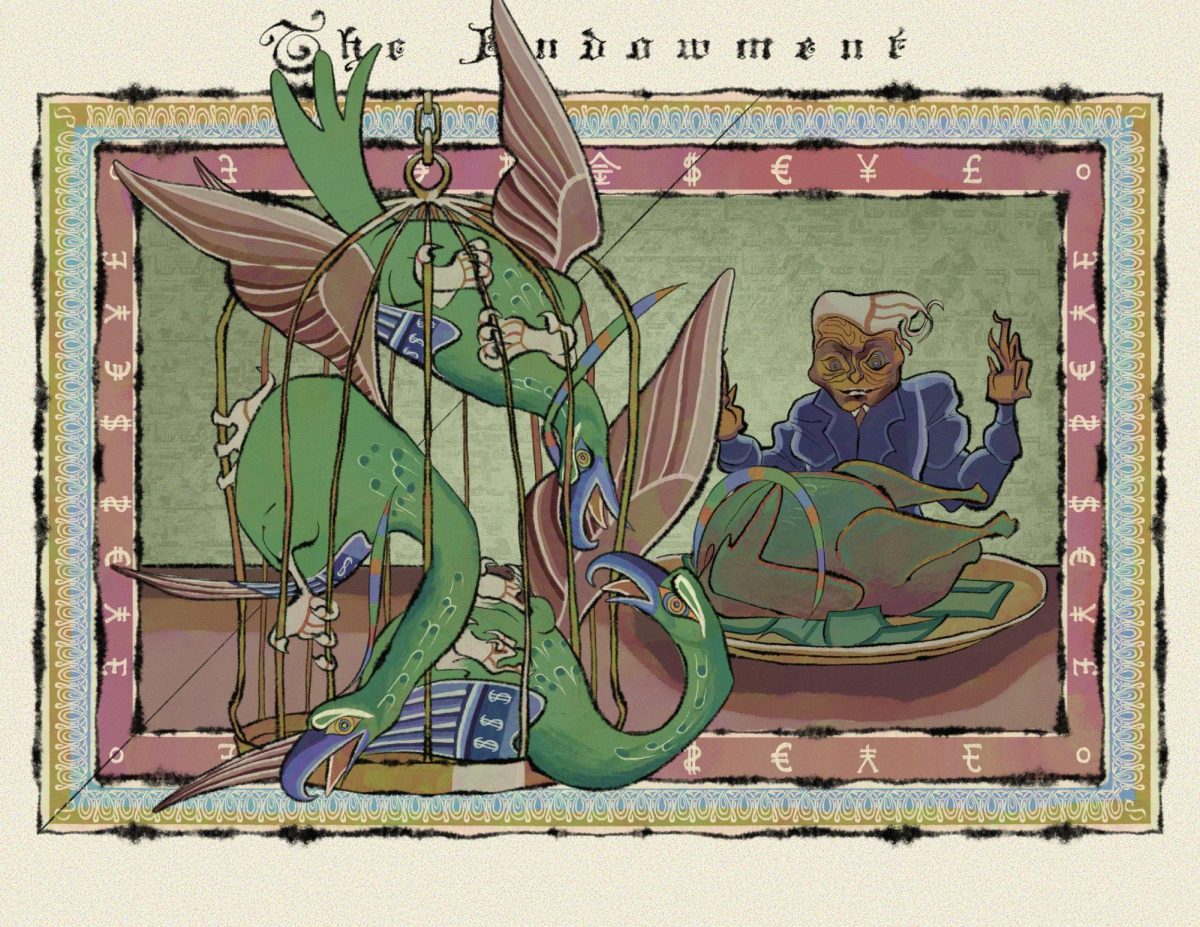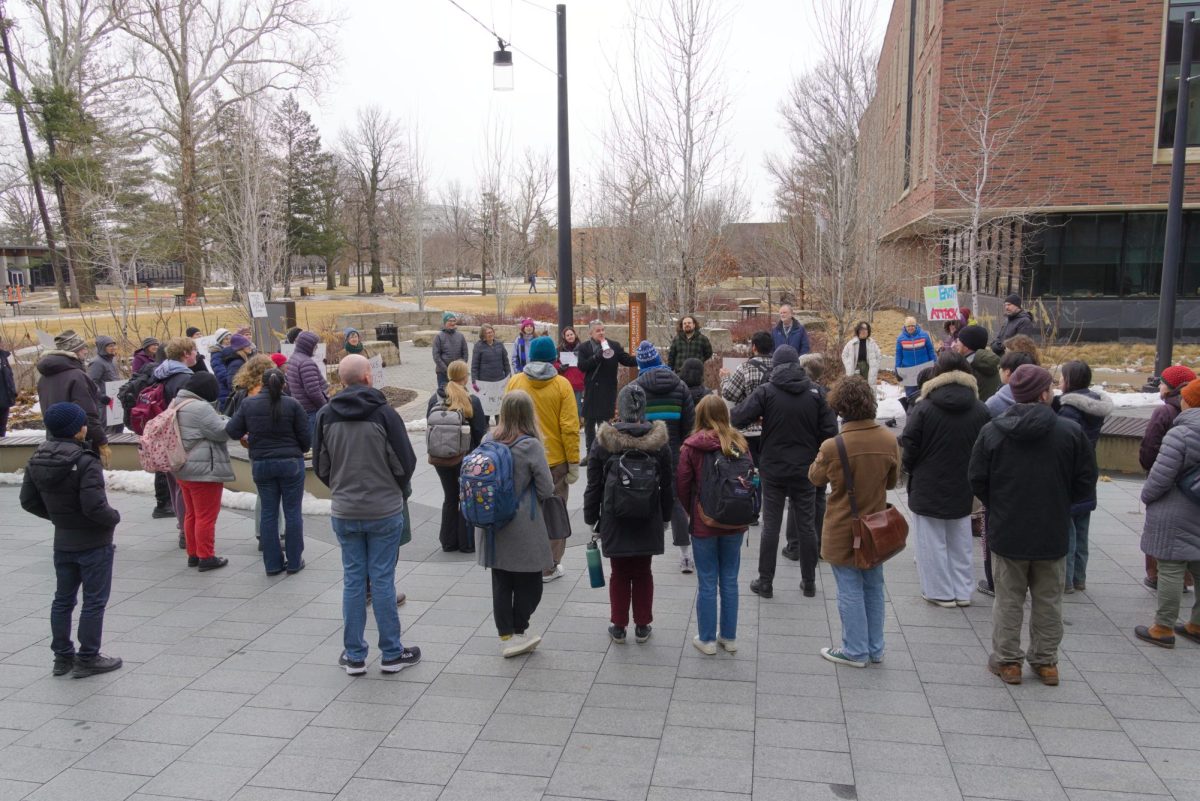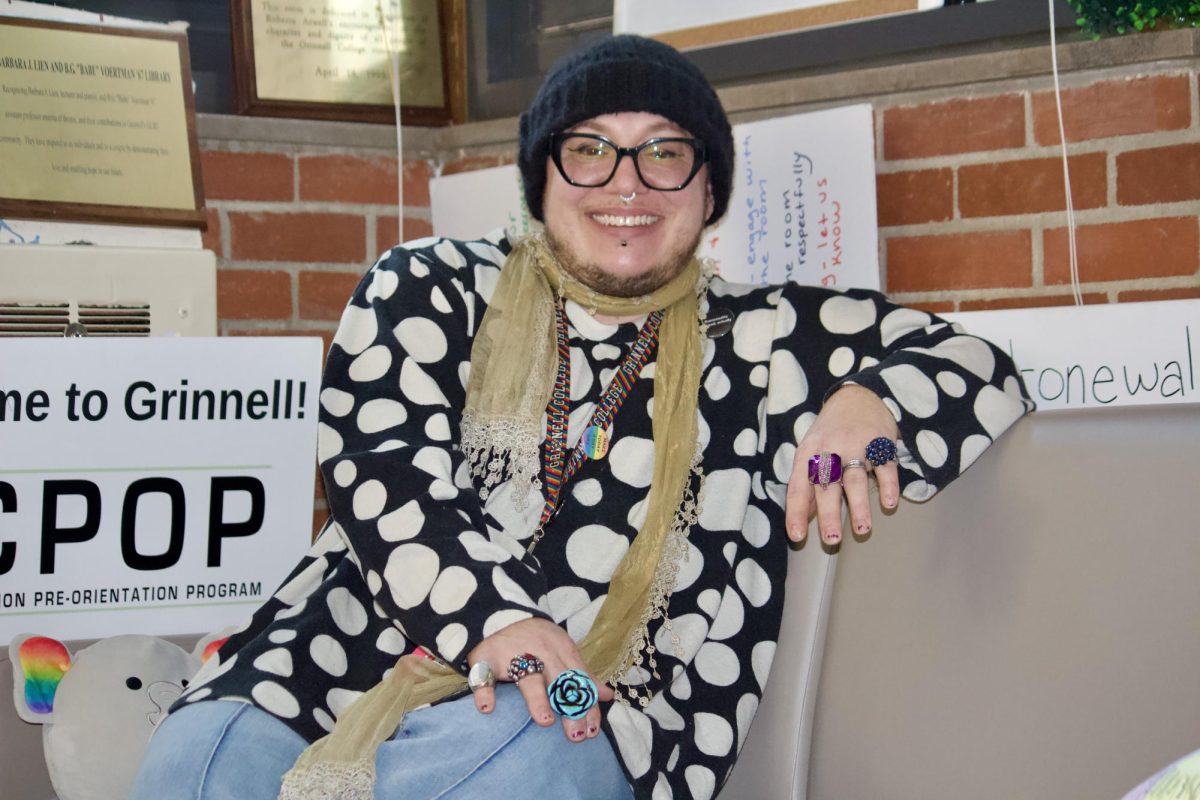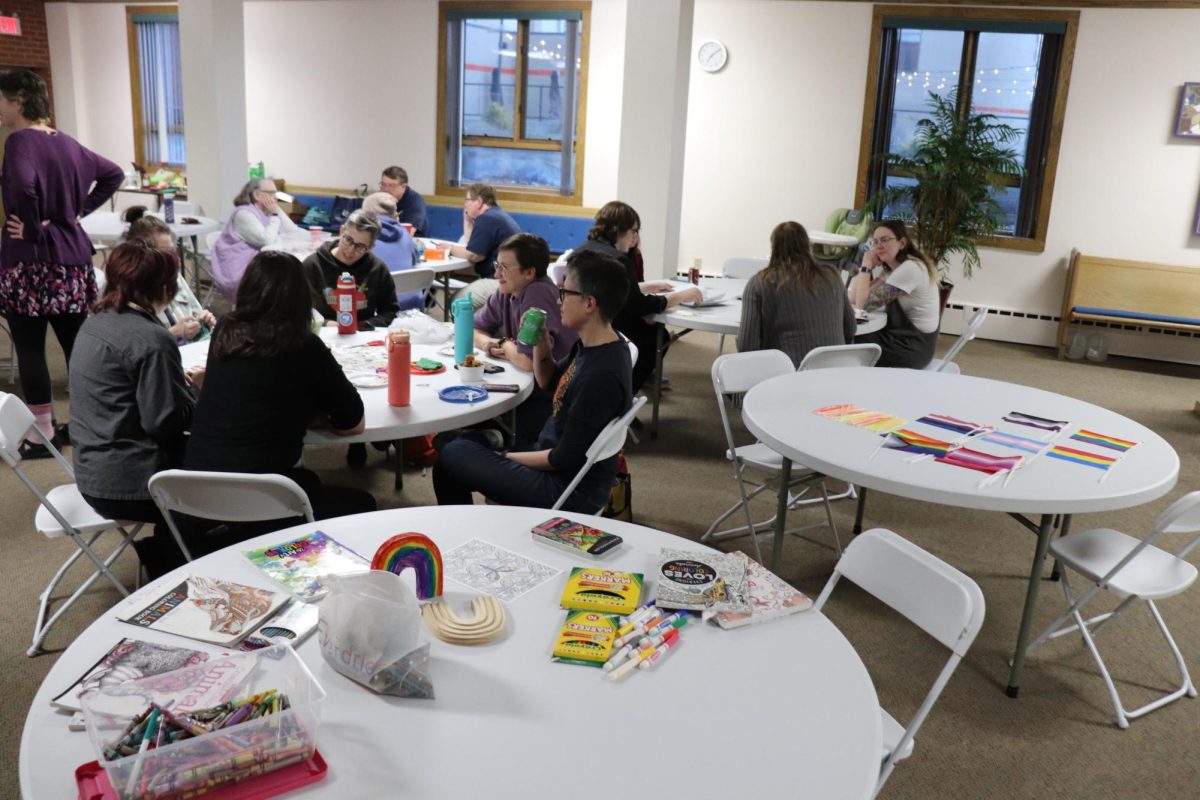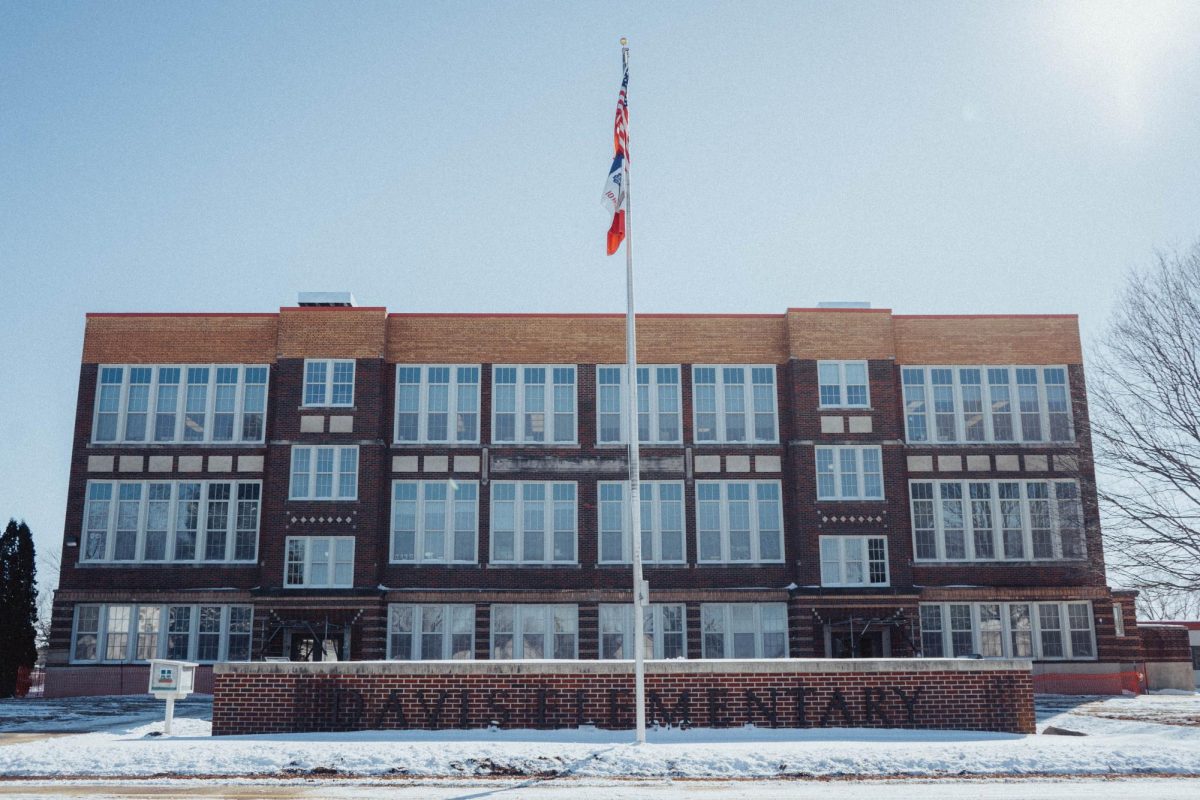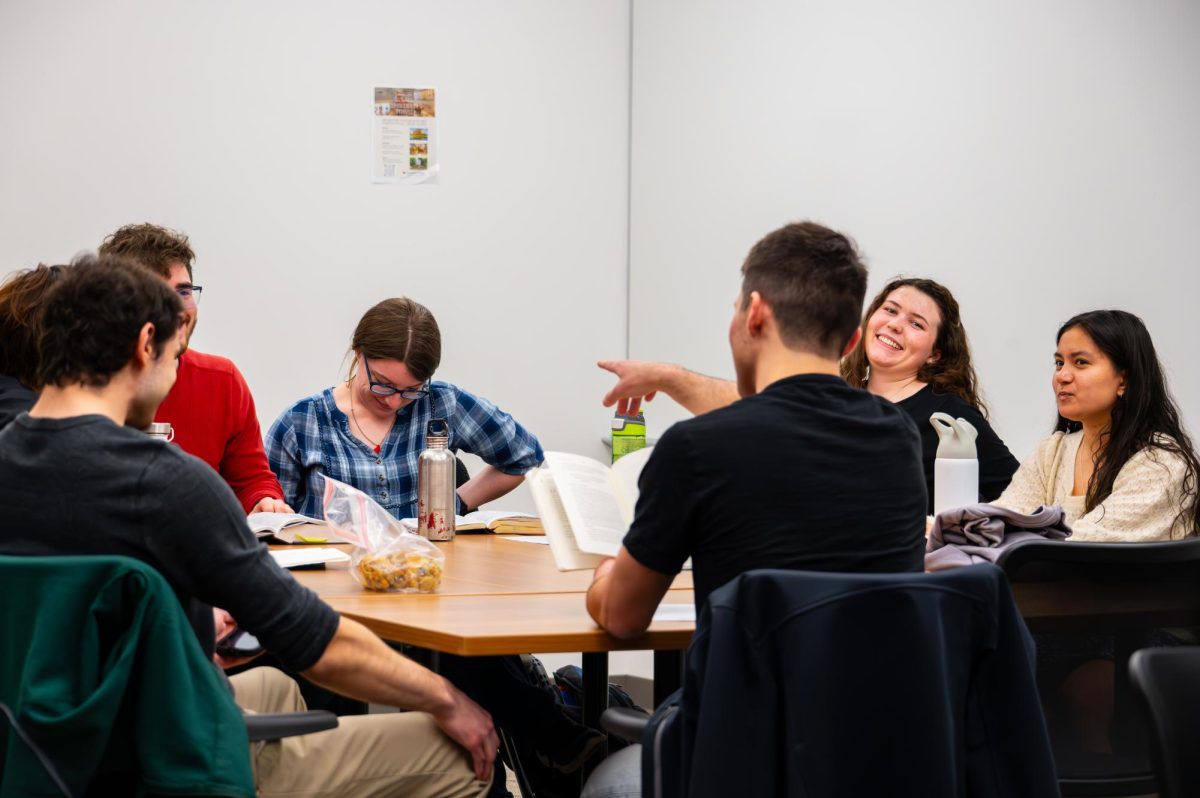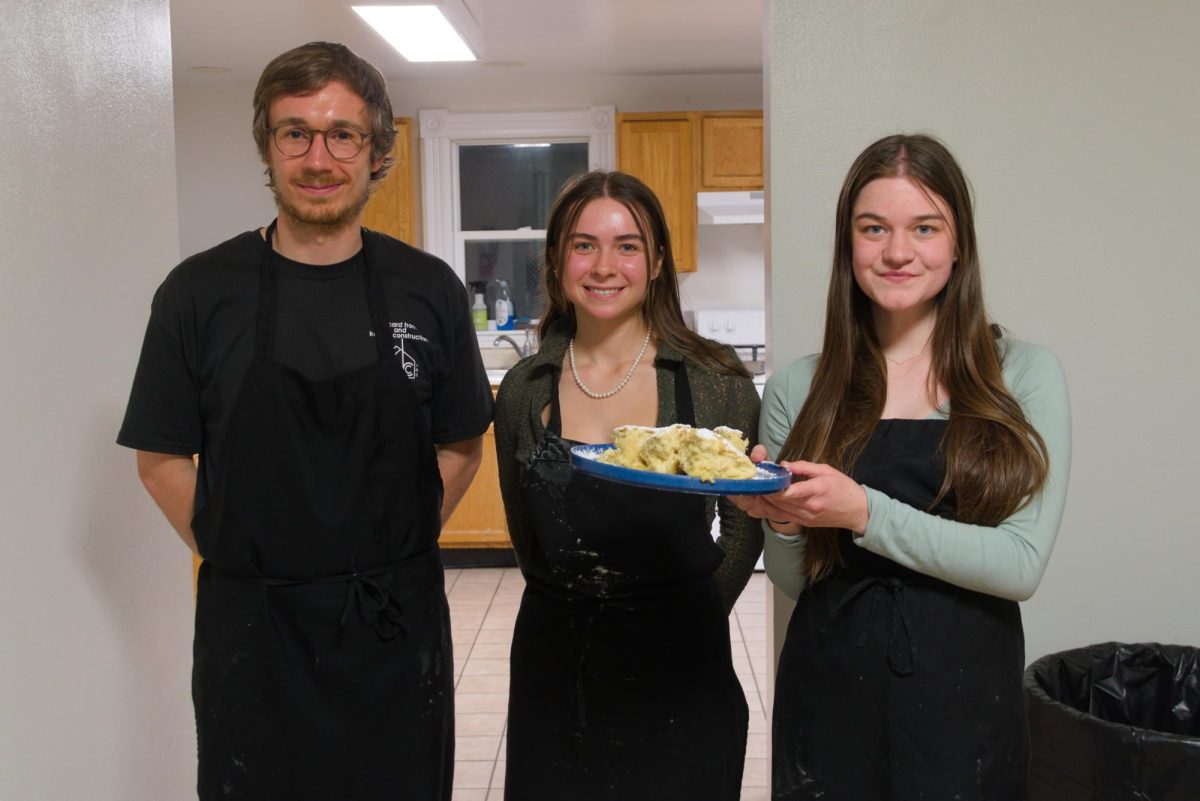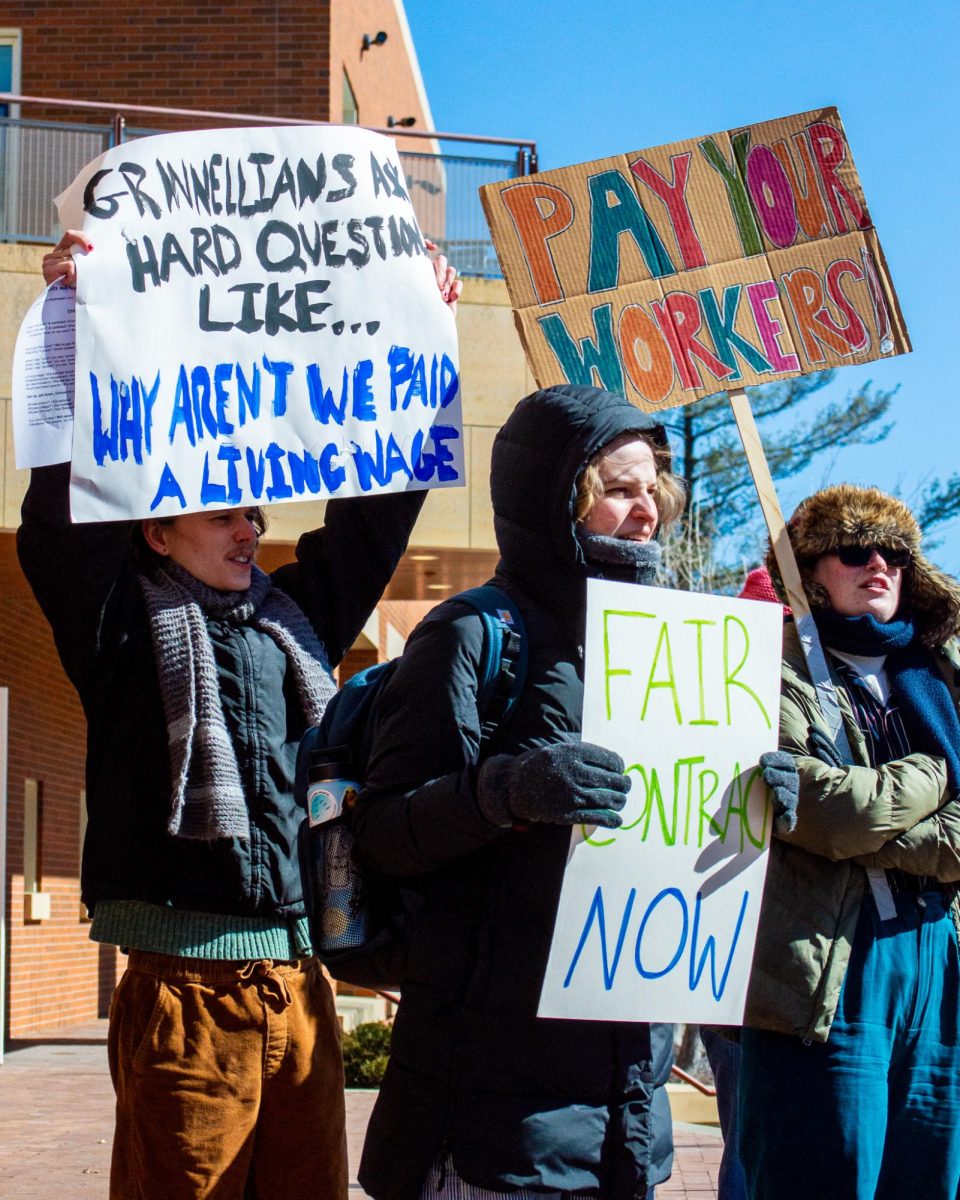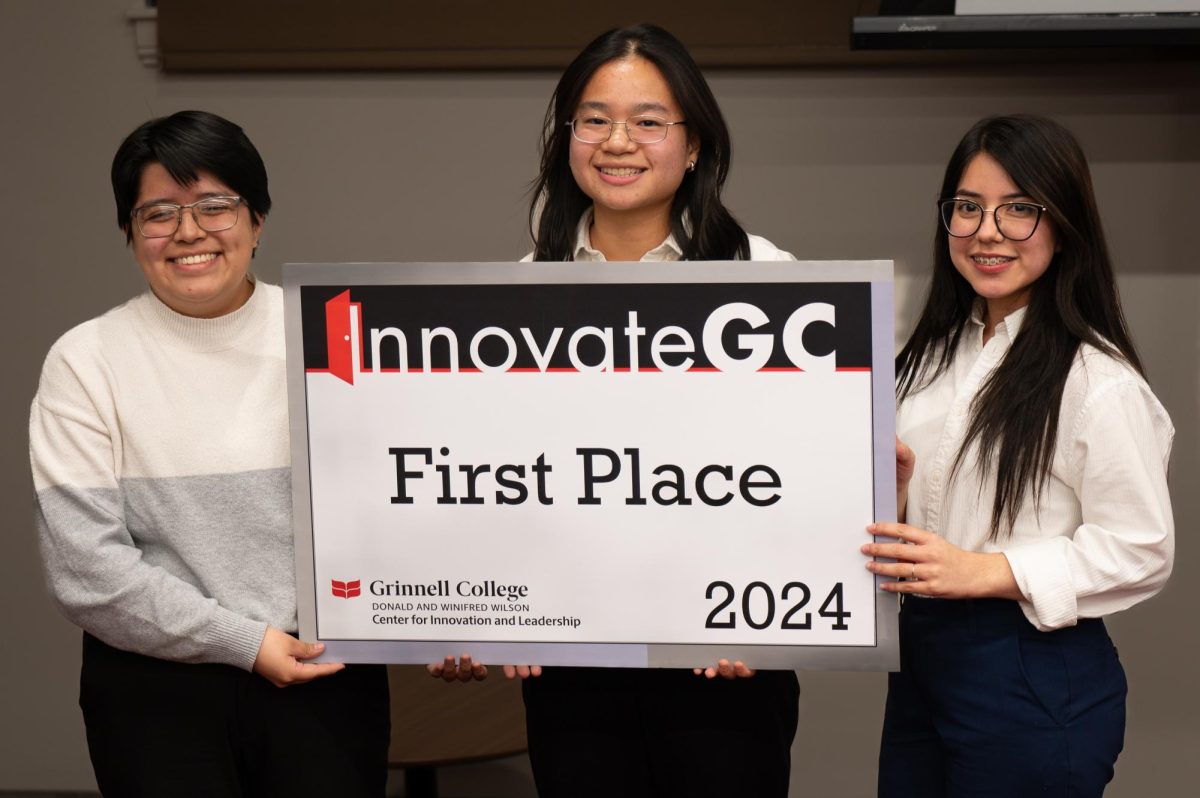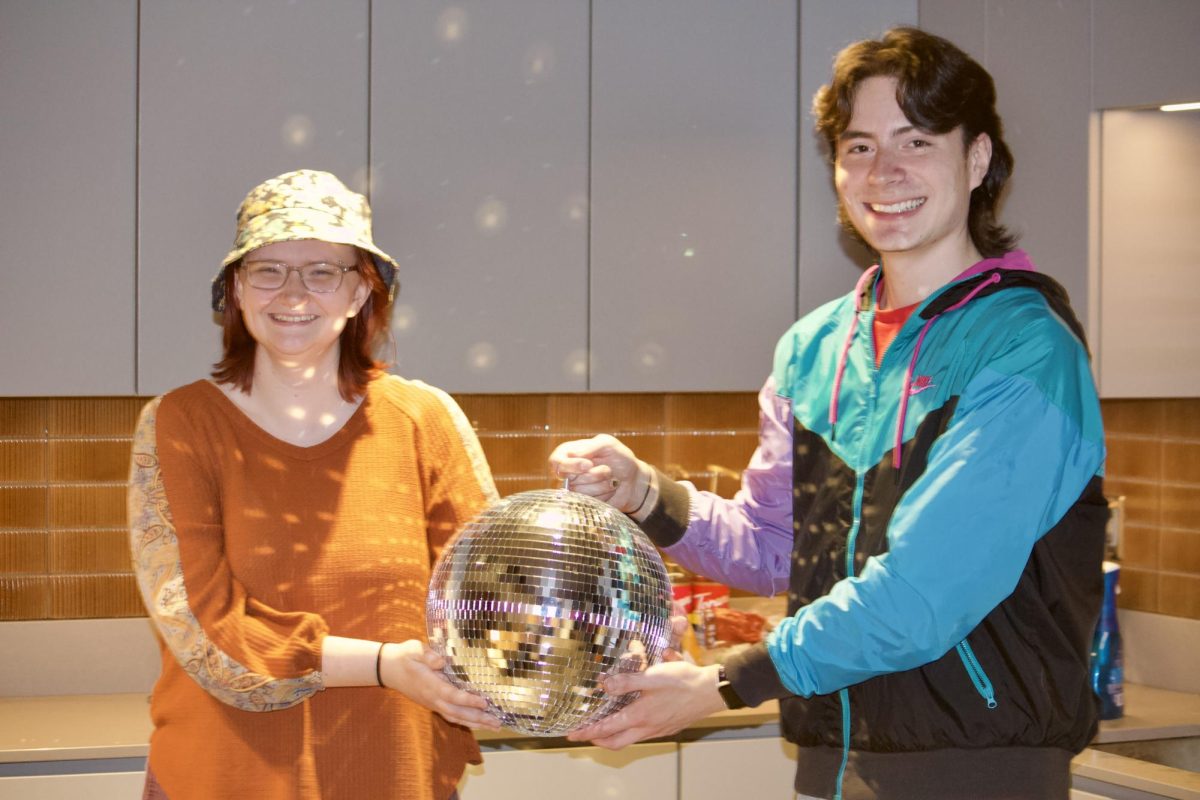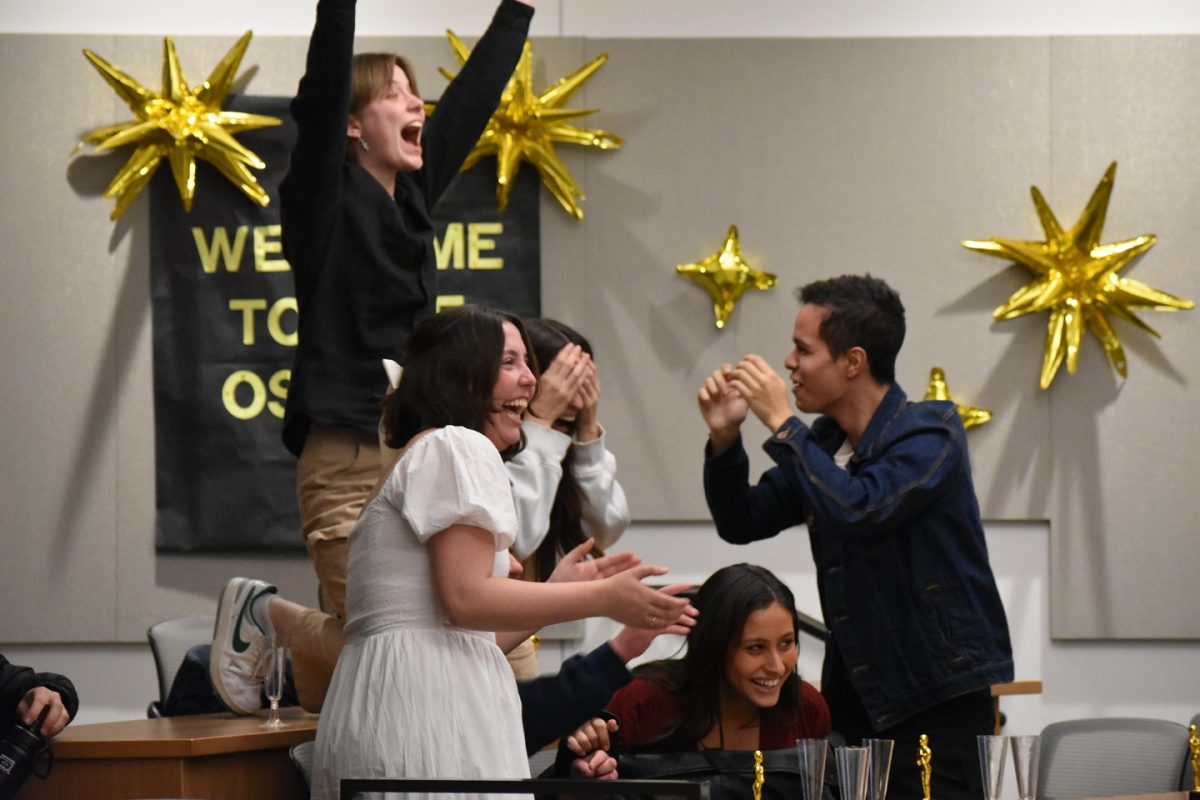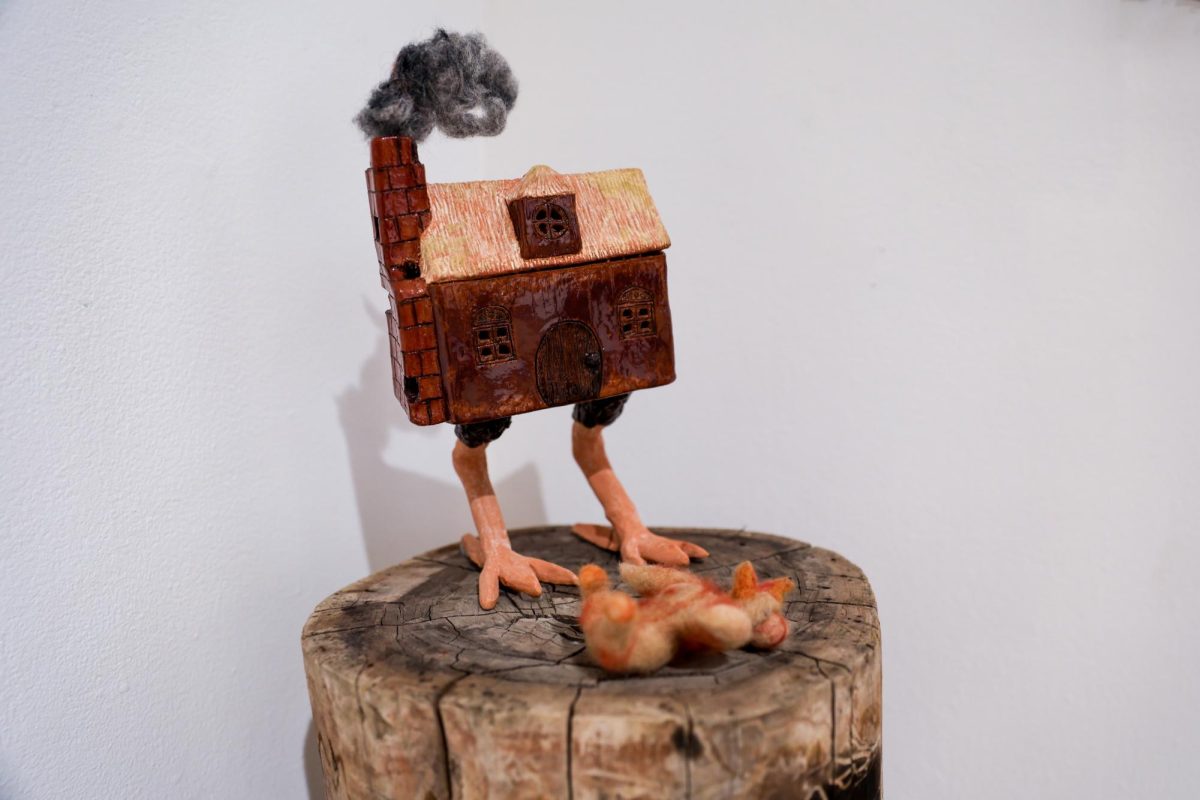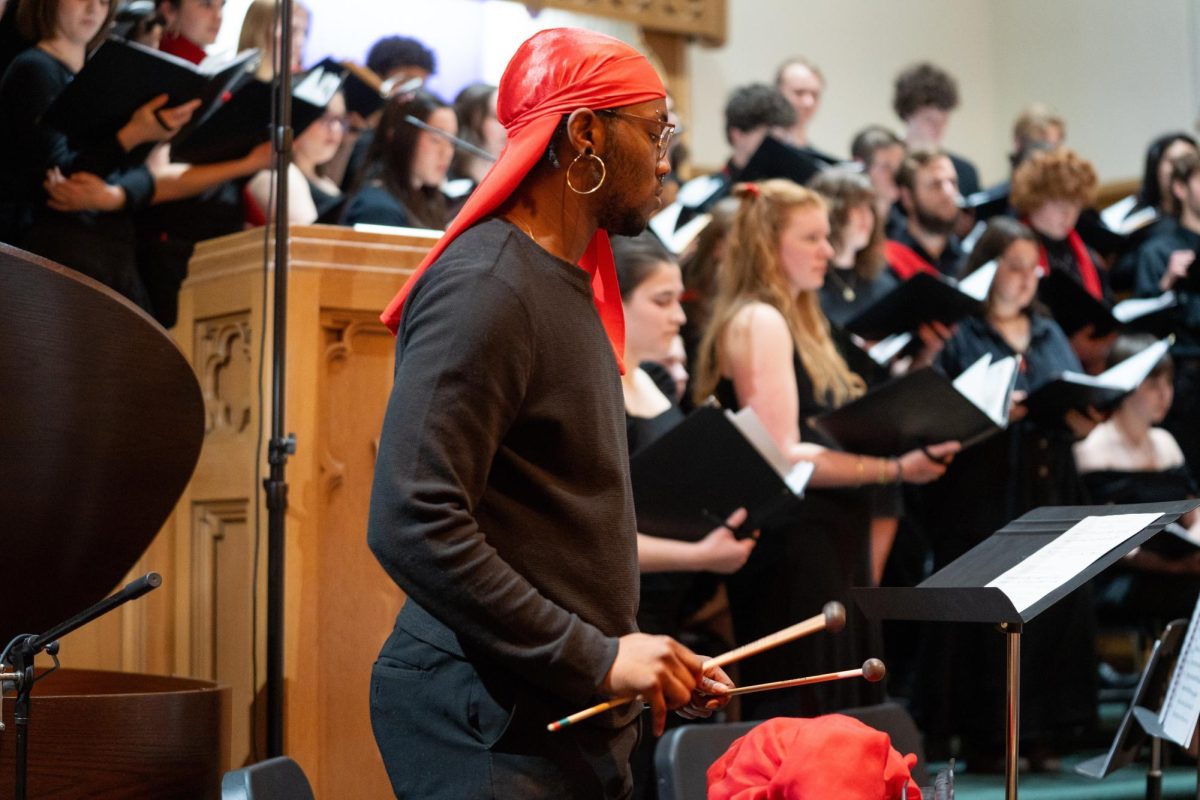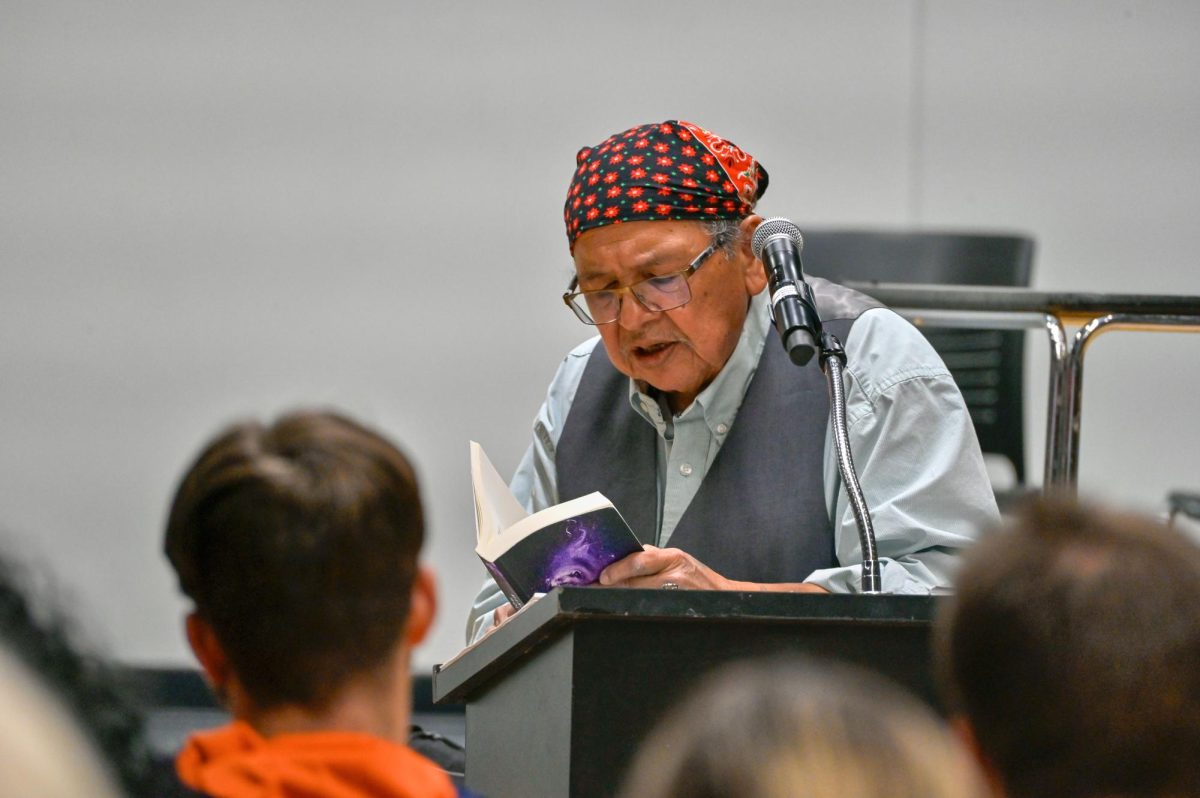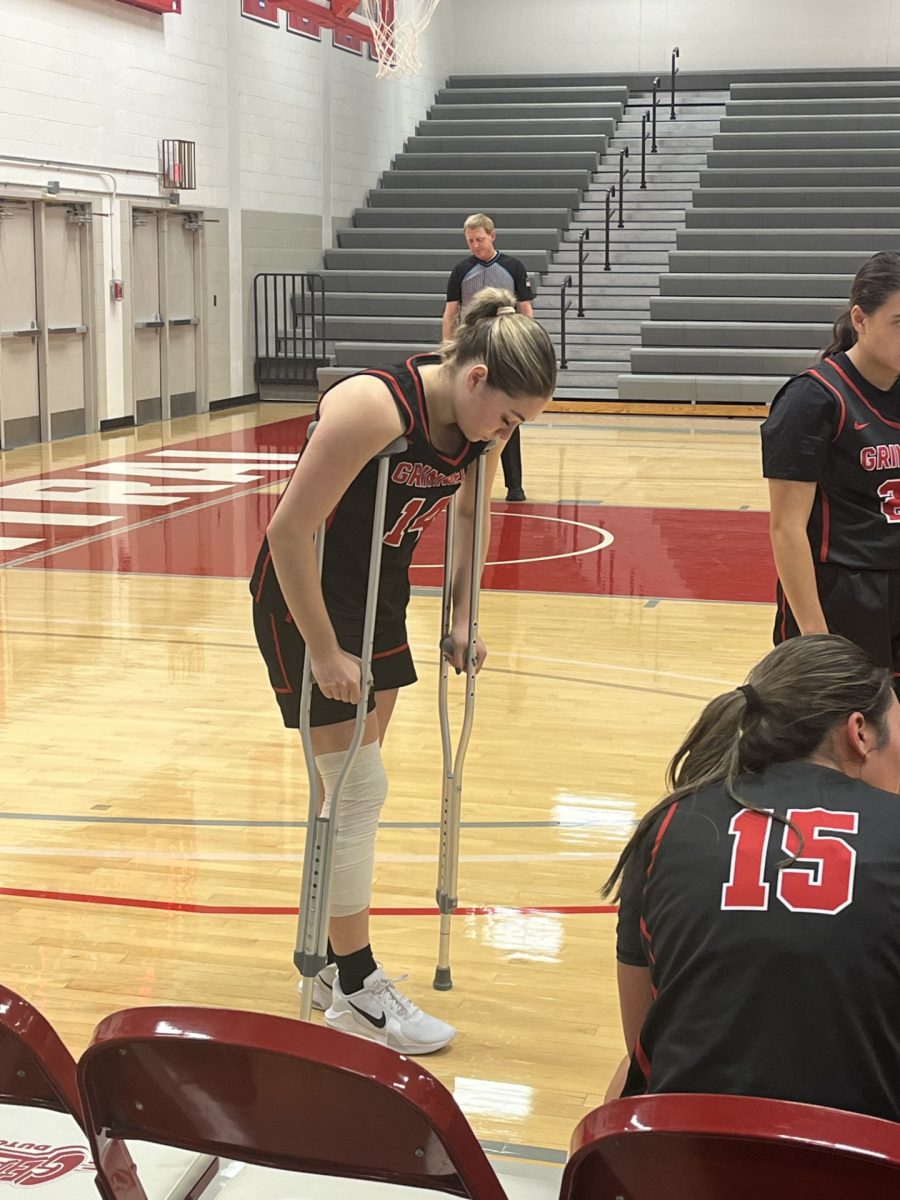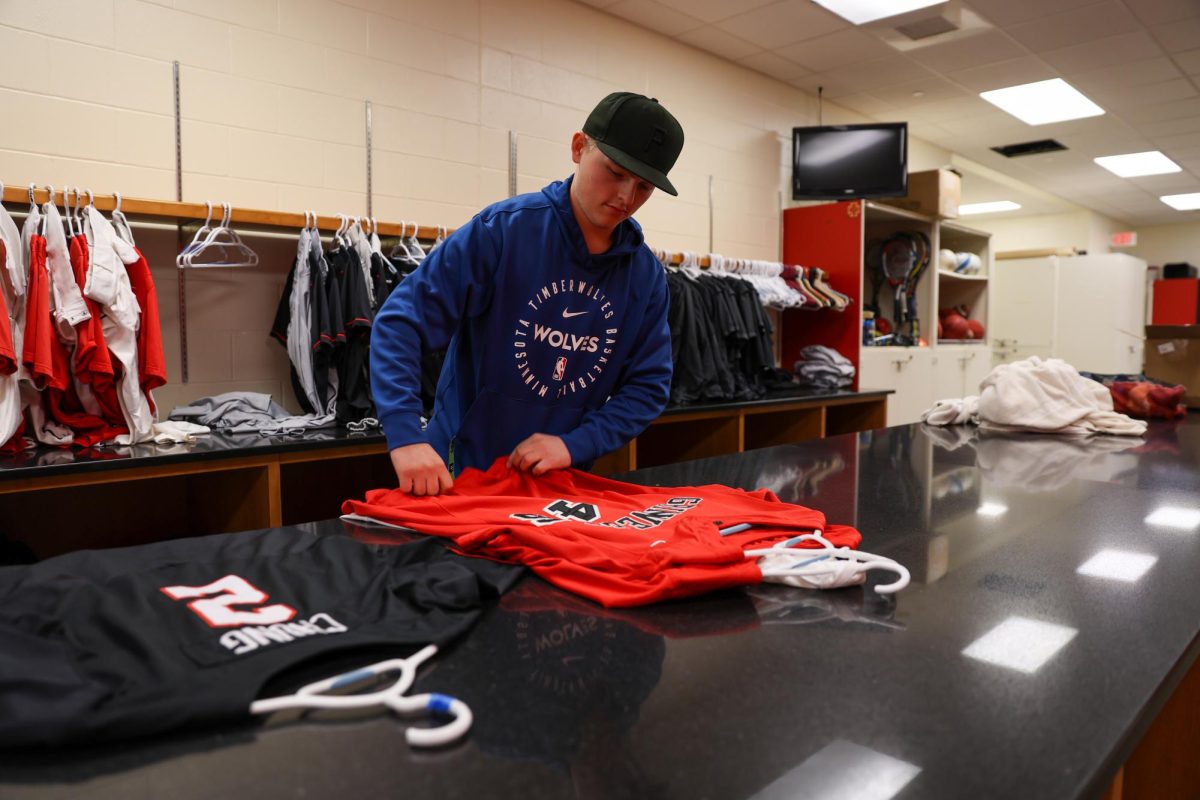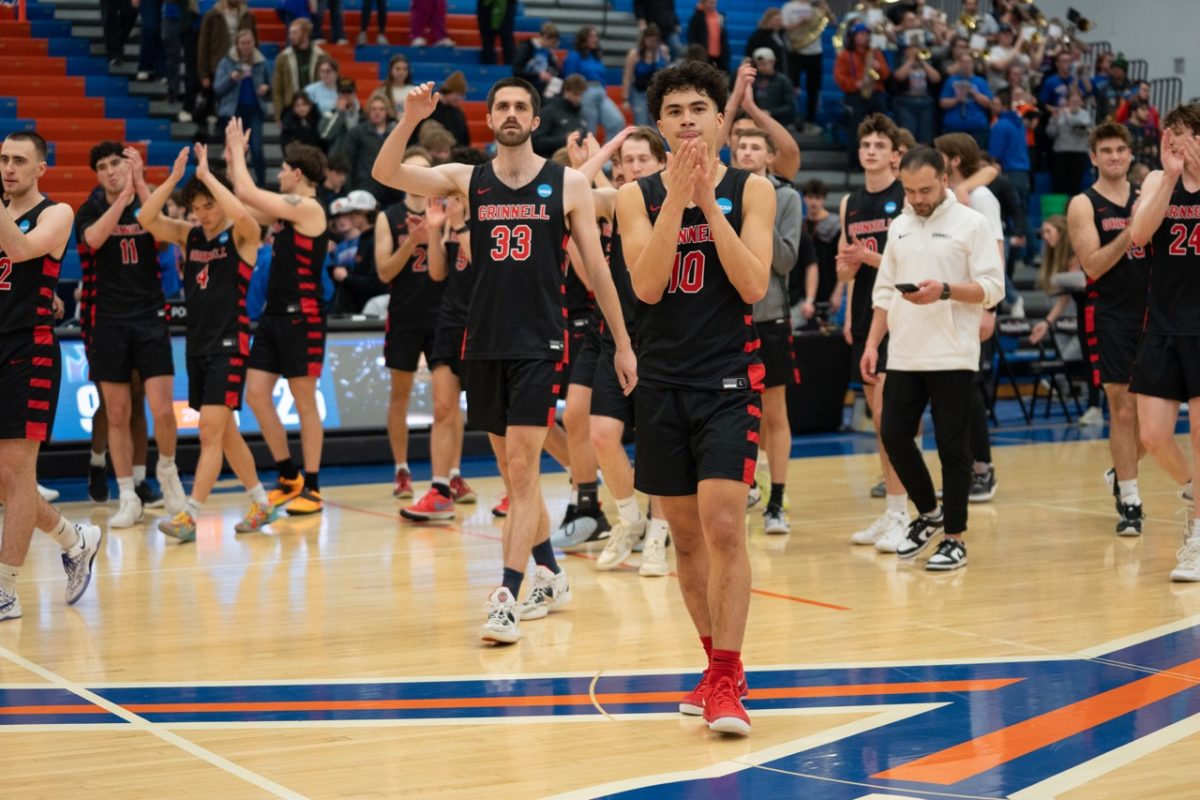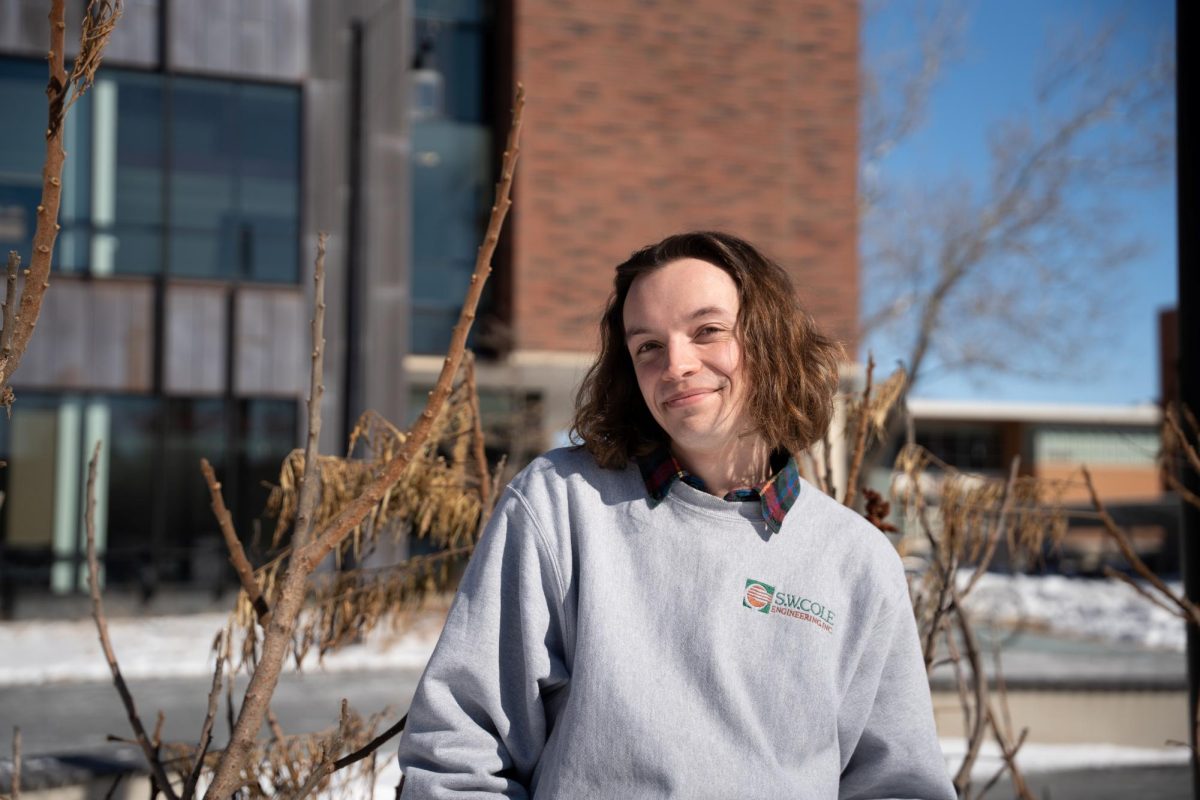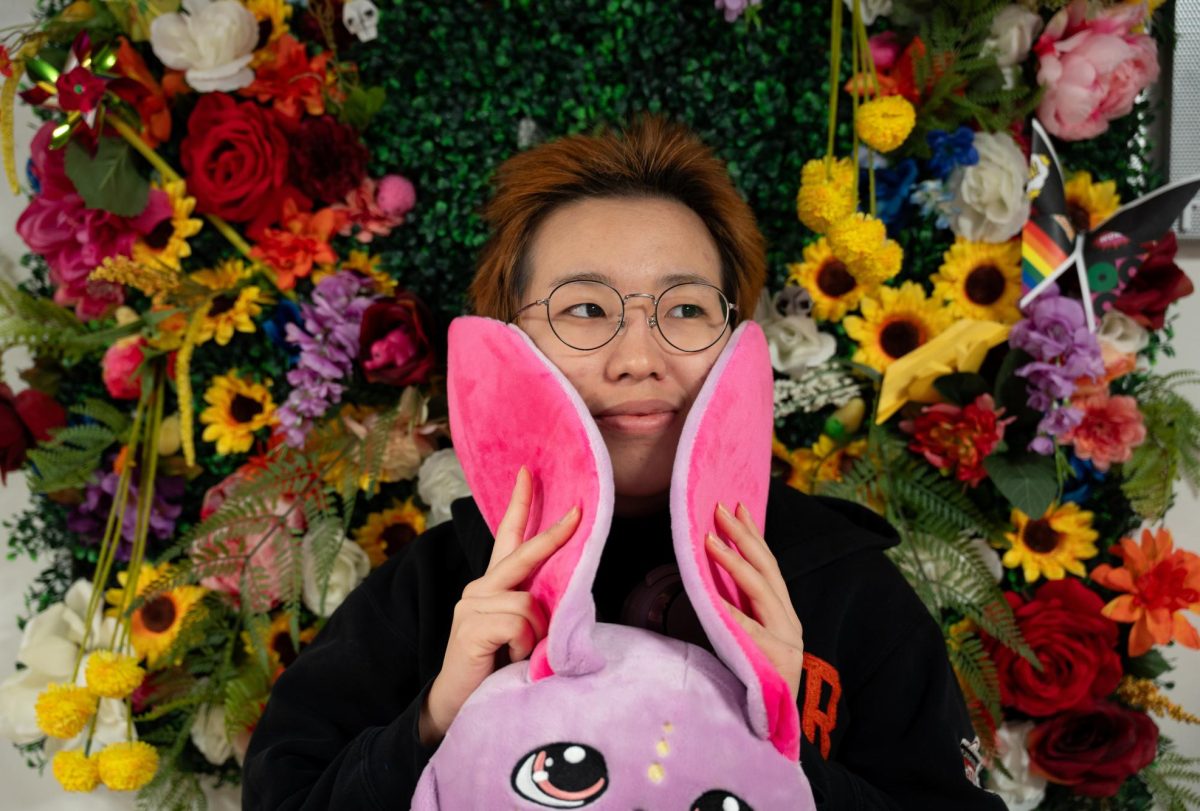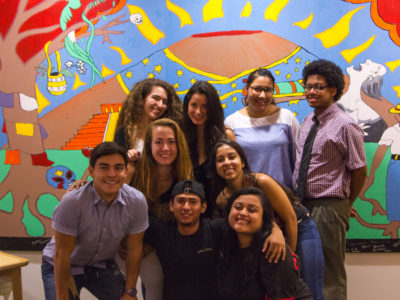
By Keli Vitaioli
vitaioli@grinnell.edu
The Latinx American Heritage Month celebration at Grinnell culminates this Saturday Nov. 5 with the Latin American Festival from 5 p.m. to 8 p.m. in the Harris Center. The event is a celebration of all Latin American nations organized by Grinnell’s Student Organization of Latinx (SOL).
Featuring Salvadorian cuisine, Brazillian dancers and a host of students performing acts from across Latin America, the festival provides a broader scope of what being “Latin American” means to different cultures.
“I think Grinnellians don’t know Latin culture that much,” said Karolina Marquez-Gil ’17, co-leader of SOL. “Some people believe it’s Mexico and that’s it, but a lot of us are not Mexican. This event gives us a voice on campus to show what we’re about and what our culture is about.”
SOL, through different committees all dedicated to the Festival, has been planning the event for more than a month. This was done alongside the planning of other events for Latinx American Heritage Month including karaoke and pub talks. In planning the Festival this year, SOL aimed to encourage a range of cultural expression that shows the variation across these cultures.
“Some people have this perspective [Latin America] is homogenous and it’s not,” said SOL secretary Desiree dos Santos da Mota ’17.
The Brazillian dance group hailing from Chicago will be performing three types of dance, including the typical Brazillian Samba, but also the Capoeira and Maculelê, both of which have origins in practices of slaves in Brazil — traitions Mota notes are not widely studied in history classes.
“Capoeira is a Brazillian martial art, which is not aggressive at all. It is very interesting to understand and to learn maybe this heritage of slavery in Brazil and Latin America. We are trying to even show the minorities within Latin America,” Mota said. “Maculelê is also from slaves. We are trying to show history sometimes is kind of similar with the US and you can see the history of racial conflict and slavery.”
The event is free and open to the public, and Gil-Marquez sees it as a way to “connect the City and the College.”
Beyond giving Grinnellians a chance to learn about cultures that may be entirely new to them, it is also a showcase for the students themselves to have a taste of home from thousands of miles away.
“Come out to support your fellow Grinnellians who are performing and want to show students something about their culture,” wrote SOL cabinet member Yesenia Ayala ’17 in an email to The S&B. “I believe in order for us to experience the beauty of cultures in Grinnell, we must expose ourselves to them and engage with people from various backgrounds.”
The Festival fits with Grinnell’s hope to place the College in a global perspective — a global Grinnell and a global community in general. While SOL may be a “family” as Mota describes it, they celebrate their different roots and experiences and hope students can use the event to step into a new cultural experience.
“In an increasingly globalized world with constant human interactions, ‘cultures’ can not be isolated. For many Latinx, especially those born and/or raised in the United States, the question of identities and cultures is not clear cut. Even for those who are from Latin America, there is so much regional and country specific variation in the things that constitute ‘culture’ that no two experiences can be the same,” wrote SOL co-leader Grisel Hernandez ’17 in an email to The S&B.

